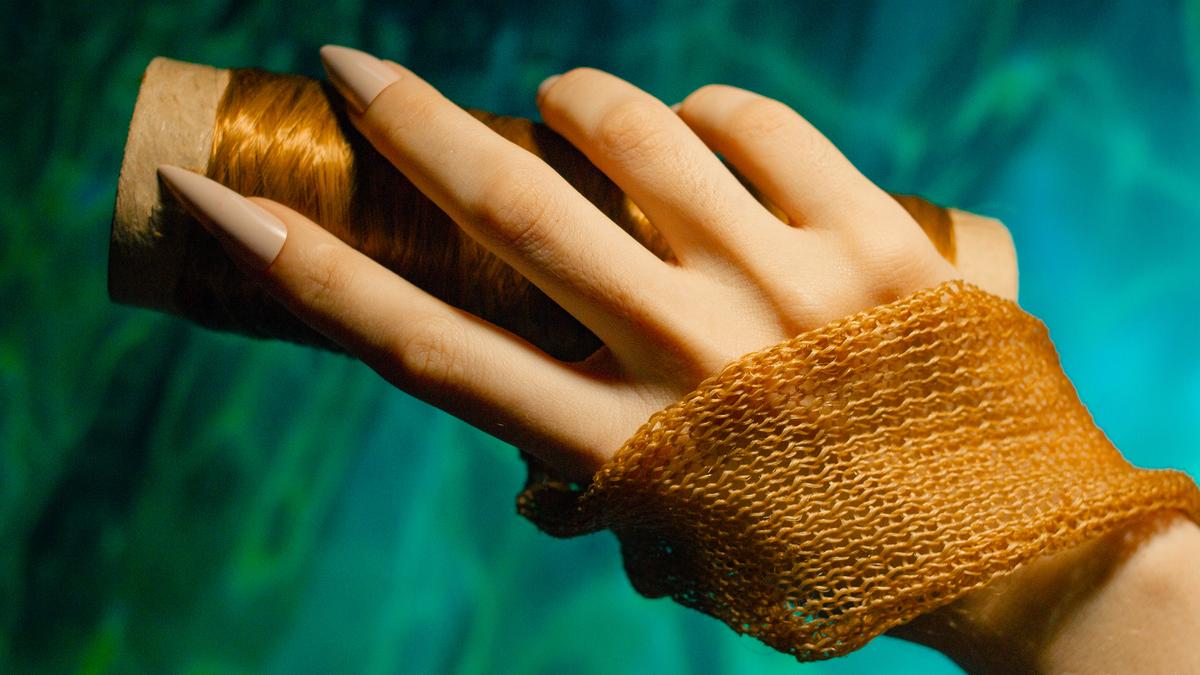Thamires Pontes has configured how to turn seaweed into a tenable textile fibre. The alternative to petrochemicals in clothing is the Brazil-based textile designer’s attempt at negating fashion’s waste and carbon emission problems (currently, the fashion industry is responsible for 10% of the world’s global carbon emissions according to the United Nations). Last month, Pontes’ timely innovation also won her the Unlock Her Future Prize of $100,000 by retail experiences brand, The Bicester Collection.
Increasingly, awards and prizes are becoming a gateway for women to have their ideas vetted, validated and made visible in a highly male-dominated entrepreneurial ecosystem. For instance, in May, Asan, a new-age menstrual cup that is aiming to eradicate period poverty in India, won its founder Ira Guha a Cartier Women’s Initiative fellowship. In June, Kenyan entrepreneur Beth Koigi’s atmospheric water generators — which draw clean water from the air — won her the 2023 Rolex Award for Enterprise.

Thamires Pontes Such initiatives are put in perspective when you consider that, according to Harvard Business School, fewer than 3% of women-led businesses receive venture capital today. Yet, it is proven that if men and women were equally represented in entrepreneurship, global GDP could rise by 3%-6%, equivalent to up to $5 trillion. “Gender parity is literally good for business and the economy,” says Maria-Noel Vaeza, the UN Women’s regional director for the Americ.
















